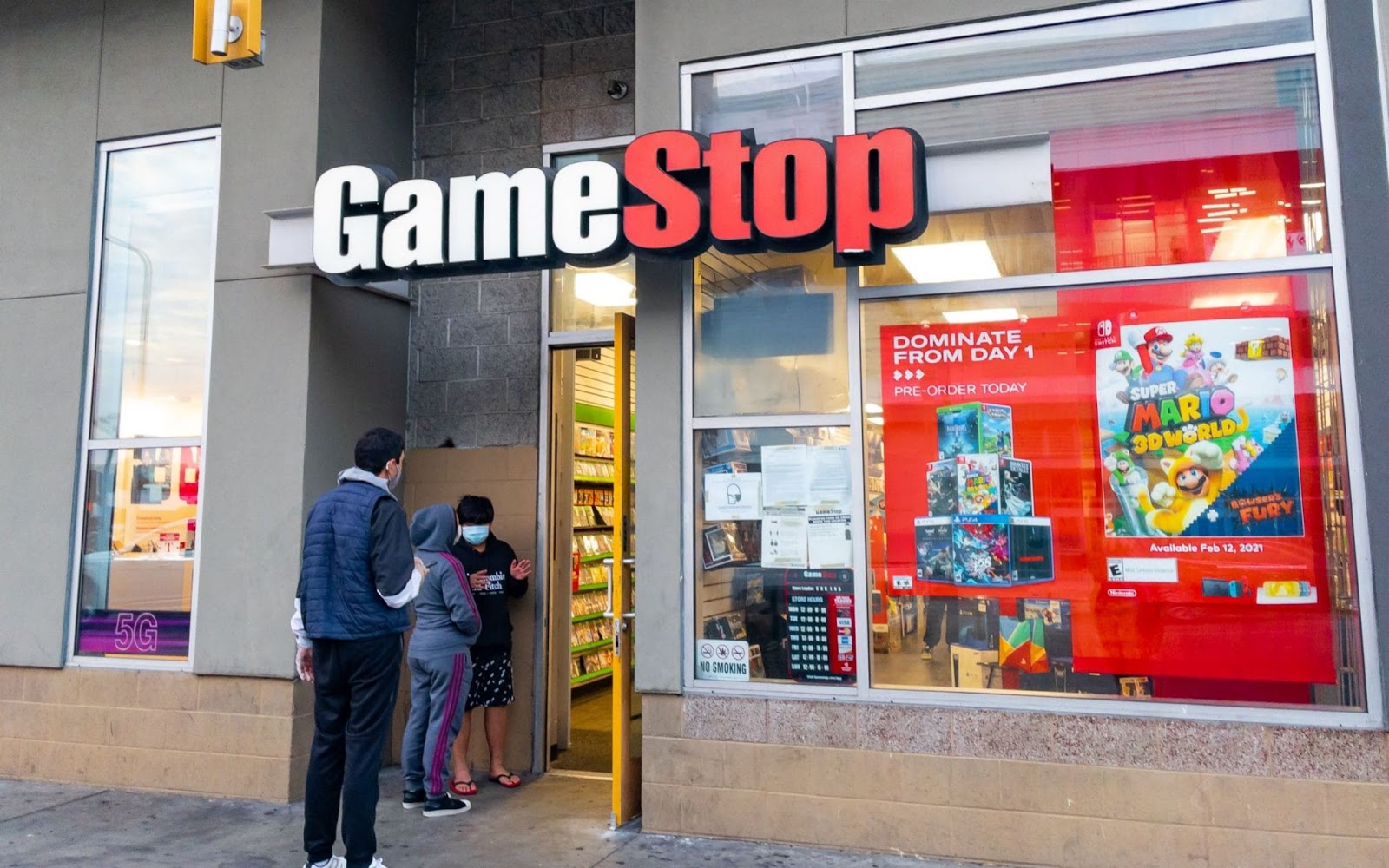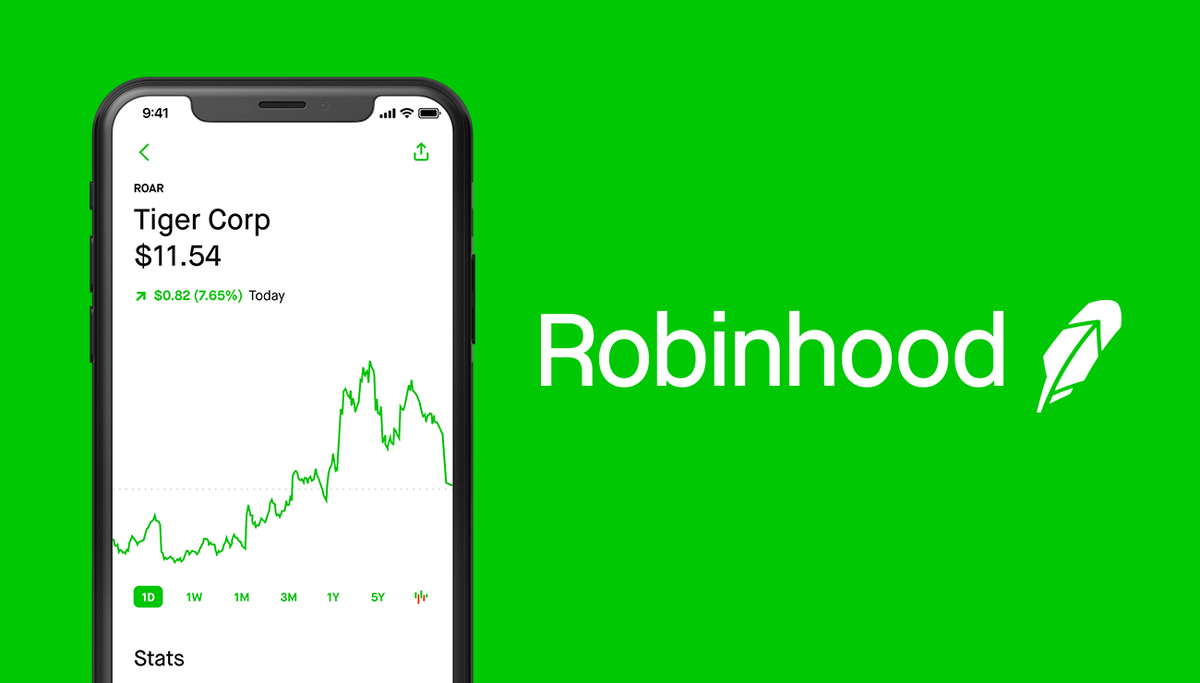The Rise of Retail Investors: A Post-Pandemic Phenomenon

Introduction
The COVID 19 outbreak has caused changes in industries; however the financial markets have experienced one of the most notable transformations as a result of it. A key development during this time has been the emergence of retail investors. Individuals who engage in trading stocks and other financial assets using their money rather than relying on institutional investors such as hedge funds and mutual funds. This increase in investment has had an impact on the behaviour of the stock market especially in terms of its volatility. What factors are behind this trend? What do you think will happen to the stock market in the long-run? How do individual investors differ from institutional investors in affecting market trends?
In this blog post we seek to address these queries by examining the emergence of investors in the period following the pandemic and their notable impact, on shaping opportunities and challenges, within the realm.
The Surge of Retail Investors During the Pandemic
The widespread lockdowns, amidst the COVID-19 pandemic, led to an environment for investment to thrive like never before. With countless individuals staying indoors, many looked for activities to occupy their time and savings. The combination of interest rates, government aid and extra money from spending on leisure and travel provided a conducive setting for newcomers to explore the stock market.
Technology was also very important in this situation because commission free trading platforms like Robinhood and E*TRADE made it easier for regular folks to start trading from their smartphones without any obstacles in the way. Social media sites such as Reddit, YouTube and Twitter also had an impact, by boosting investors’ power and providing places where they could quickly share investment tactics, stock advice and news updates.
The expansion of finance accessibility played a role in empowering investors to shape the market landscape significantly over time. As evidence of this shift in dynamics and influence among traders emerged in mid year 2021 when the U.S Securities and Exchange Commission (SEC) noted that retail trading activity surged to represent a 25 percent share of total stock market transactions compared to a mere 10 percent seen in the preceding decade.
Retail Investors and Market Volatility
Retail investors don't just matter because of their sheer size but also due to the market turbulence they often cause. Usually it's the institutional investors who drive stock market shifts. These entities which typically include hedge funds, mutual funds and pension funds make trades guided by analysis, intricate algorithms and risk management tactics. Their impact helps keep things steady by bringing some predictability and lessening market fluctuations.
But retail investors frequently behave in a different manner compared to institutional investors by being influenced by emotions and trends popularised on social media platforms rather than solely relying on strategic analysis and trends backed by solid data or research findings.This behaviour often leads them to react to market dynamics leading to fluctuations in stock prices evident during the meme stock craze that surfaced in the initial months of 2021 and the stock market bubble, especially of banking sector in Nepal Stock Exchange (NEPSE) during that period.
The GameStop Saga: A Case Study
The GameStop (ticker symbol; GME ) squeeze that took place in January 2021 stands out as an event, in the realm of retail investors activities. This incident unfolded when retail traders, on the Reddit community "WallStreet Bets" launched a wave of purchases targeting GameStop, a video game retailer facing financial challenges.A group of investors united to increase the stock price in an attempt to challenge investors who had bet against the stock by borrowing and selling shares with hopes of buying them at a lower price later on (commonly known as short selling).
The events that unfolded showcased a level of market turbulence unlike anything seen in times.It's notable how GameStops stock value skyrocketed by over 1,700% jumping from $17, per share to beyond $300 within a span of time.The swift ascend and subsequent steep declines had an impact on institutional investors who faced significant losses; on the flip side some retail investors reaped substantial profits.This scenario also triggered heightened attention. It sparked discussions on the fairness and integrity of the market.
The recent incident showcased how much of an influence individual retail investors can have when they come together and work as a group and also how they can impact the stability of the market with their actions, in similar situations like in GameStop.
Social Media and the Democratization of Stock Trading
The surge in investment after the pandemic has been notably influenced by media platforms, like Reddit (especially WallStreetBets), Twitter and YouTube; shaping how investors act and react to information – sometimes accurate and sometimes misleading – which impacts retail traders decisions towards following social sentiment rather than focusing solely on fundamental analysis.
The spread of information to the masses has brought about both negative outcomes in the realm of investing and market behaviour. While it has empowered individuals by granting them access to market insights and investment opportunities it has also fostered a herd mentality among investors. This behaviour leads to instances where numerous investors engage in trades without comprehensively evaluating the associated risks. Consequently this trend has led to a rise in practices such as "pump and dump" schemes that exploit market volatility, further exacerbating the situation.
The Role of Technology and Zero-Commission Trading

Apps that allow trading without charging commissions such as Robinhood have played a role in supporting the growth of investors in the market world today by eliminating fees associated with transactions and making it more accessible and affordable for people to engage in buying and selling stocks. In times when transaction costs posed an obstacle for small investors due to the substantial expenses incurred from frequent trading activities; commission free platforms have now granted retail traders the freedom to participate in quick trades with no additional charges involved which could potentially impact market stability.
These trading apps have interfaces that are easy to use and cater to people with knowledge of finance as well.The idea of making trading to everyone is usually viewed positively; however there are worries that inexperienced investors might be taking risks without grasping the outcomes.In addition, to this concern is the criticism surrounding the "gamification" aspect of trading apps. They incorporate game elements like confetti and celebrations, for trades which some argue can promote taking too many risks.
Retail Investors vs. Institutional Investors: A Clash of Strategies
The emergence of retail investors has brought new elements to the stock market landscape when it comes to how retail and institutional investors engage with each other. The institutional investors are accustomed to employing data driven strategies for investments, but have had to adjust to the erratic and occasionally irrational actions of retail traders.
One key difference between the two groups is the approach to risk. Retail investors are often more willing to take large risks for the chance of high returns, especially in a low-interest-rate environment where traditional savings options offer minimal yield. This risk appetite is evident in the popularity of speculative assets like cryptocurrencies and meme stocks, which institutional investors might avoid due to their volatility.
However, institutional investors have a significant advantage in terms of resources and information. They have access to cutting-edge research, advanced algorithms, and vast capital reserves, allowing them to weather market volatility more effectively. The rise of retail investors has led some institutional players to adapt by incorporating social sentiment analysis into their strategies or even engaging with retail-driven trends to capitalise on market movements.
Regulatory Responses and Challenges
Regulators have taken note of the increase in trading activities following incidents such as the GameStop short squeeze. The SEC and other financial regulatory bodies are now closely examining trading platforms, social media influencers and market manipulators. One key worry is the risk of communities or influencers influencing investors for their own benefit.
Platforms such as Robinhood faced scrutiny during the GameStop controversy when they paused trading in stocks temporarily and received allegations of engaging in unfair practices. Detractors claimed that retail investors were subjected to limitations while major institutional investors retained their freedom to trade without restrictions. These events have triggered demands for increased transparency and fairness within the system. It sparked discussions on regulating social media influenced trading practices without impeding progress and development.
The Future of Retail Investing and Market Volatility
As we navigate beyond the pandemic era and changes in the world scene, a major question arises: whether individual retail investors will uphold their stance in the stock market and retain their impact on market volatility?
The boost in trading might taper off as things get back to normal and interest rates go up again. However the fundamental elements that have given retail investors more power – like advances in technology and commission free trading facilitated by social media – are probably going to stick around for the long haul. The widening access to finance implies that retail investors will keep playing a role in the market landscape even if they aren't as dominant as they were, at the peak of the pandemic.
The market is expected to stay unpredictable due to the rise of investors seeking quick profits influenced by social media trends alongside institutional investors and regulators needing to adjust to this changing landscape, for financial market stability.
Conclusion
The emergence of investors, in the aftermath of the pandemic has significantly transformed the stock market environment in unpredictable ways.Through technology advancements, participation on social media platforms and the availability of commission free trading tools, small investors have acquired a considerable amount of power resultantly leading to heightened market fluctuations. This financial empowerment has enabled individuals to explore pathways to accumulate wealth. However, this shift also brings forth uncertainties and obstacles, for both investors and established financial institutions.
Moving ahead requires us to find a harmony between empowering investors and maintaining fairness. Moreover, stability in the markets transparency moving forward is crucial for the future of investing as it is expected to see a range of participants involved understanding this change will be essential, for navigating the changing financial environment effectively.